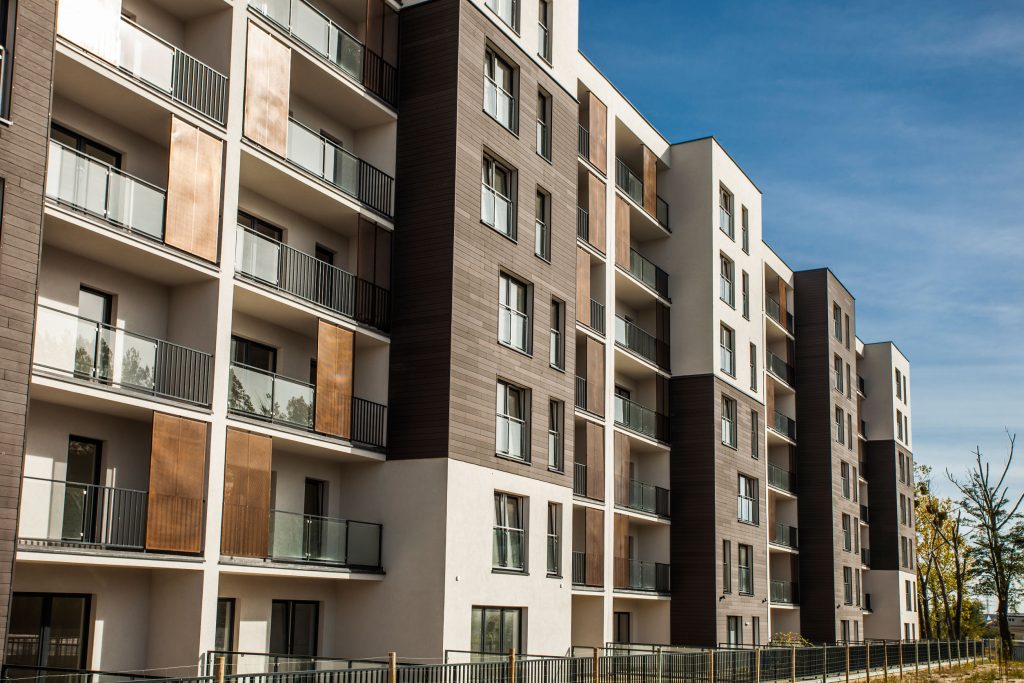Furnished Holiday Lets – A Material Change of Use?
The online market place for private holiday rentals has greatly expanded since Airbnb was founded in 2008 with many home owners taking advantage of the extra income from renting out a spare room in their house or an annex. Airbnb projected that by the end of the first quarter of 2019, there would have been over 500 million guest arrivals in Airbnb listings since it was founded, with people now buying a new flat solely for the purpose of renting it out as a short term let. Where this can be classified as a Furnished Holiday Let (“FHL”) there are certain tax advantages for the owners. Whilst the tax advantages may be well known, the possible need for planning permission to change the use of the dwelling house to a furnished holiday let is not something many people are aware of. For a property to qualify as a FHL, it must satisfy certain criteria eg:
- be available for renting for 30 weeks a year
- be let commercially as a holiday property for at least 15 weeks; and
- if occupied for more than 31 days by the same person/people there must not be more than 155 days in total of such longer lettings.
It is these very requirements however that can result in the use of a flat or house as short-term visitor accommodation being a material change of use from a planning perspective.
A recent planning inspectorate appeal against enforcement notices issued by Cambridge City Council alleging a change of use of flats within two residential apartment blocks from Use Class C3 to short-term visitor accommodation (Sui Generis) was dismissed on the grounds that the ”variable nature of the transient uses of the properties had resulted in a distinctly different character of usage from that of a Class C3 use, for which no planning permission had been granted”.
The decision did suggest that it would be a matter of “fact and degree” in each situation as to whether a change of use has occurred. Homeowners considering offering a residential dwelling as short term holiday accommodation should therefore consider whether an application for change of use under the Town & Country Planning (Use Classes) Order 1987 (as amended) will be required and if so the likelihood that permission will be granted – the lack of residential housing available across the country may mean that Councils are unwilling to approve such a change as they struggle to fill their housing requirements.
Where the accommodation is a residential flat there will also be the need to consider whether such use may be in breach of the terms of the lease and in all cases whether additional house insurance may be required. Specialist planning and legal advice should be sought where there is any doubt.
Please contact Julia Ferguson, if you require any commercial property legal advice regarding the implications of this decision on short term holiday lettings.



